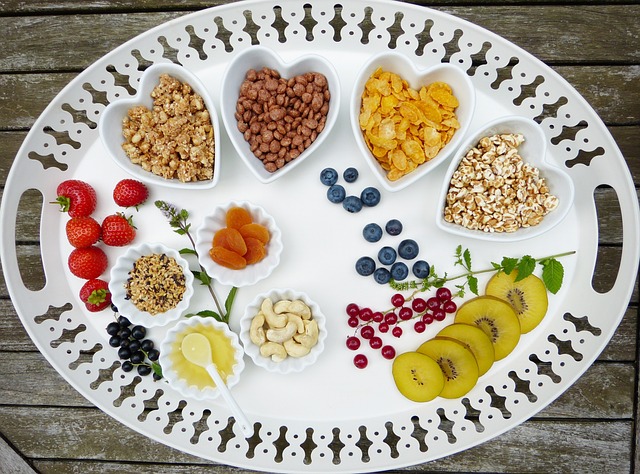The Connection Between Probiotics and Mental Health: Can It Improve Depression and Anxiety?
Probiotics are live microorganisms that are good for your health, especially your digestive system. They are often referred to as “good” or “friendly” bacteria. Probiotics can be found in certain foods, such as yogurt, kefir, and sauerkraut, or taken as a supplement.
But did you know that probiotics may also have a connection with mental health? Recent studies have shown that there is a link between the health of the gut microbiome and mental health. In fact, scientists are now calling the gut microbiome the “second brain.”
What is the Gut Microbiome?
The gut microbiome is a collection of trillions of microorganisms that live in your digestive tract. It includes bacteria, viruses, fungi, and other tiny organisms. These microorganisms have a critical role in your body, helping you digest food, absorb nutrients, and protect your body from harmful pathogens.
Research has shown that the gut microbiome also communicates with the brain via the gut-brain axis, a bidirectional communication system that allows the gut and brain to send signals back and forth. This communication system is thought to play a crucial role in the regulation of mood, behavior, and overall mental health.
The Link Between the Gut Microbiome and Mental Health
A growing body of research has found a correlation between gut microbiome health and depression and anxiety. Studies have shown that people with depression and anxiety often have an imbalanced gut microbiome, with a lower diversity of good bacteria and an overgrowth of harmful bacteria.
Other studies have found that when people take probiotics or consume probiotic-rich foods, there is an improvement in symptoms of depression and anxiety. For example, one study found that people who took a probiotic supplement for four weeks had a significant reduction in their anxiety levels compared to those who took a placebo.
How Probiotics May Improve Mental Health
There are several ways that probiotics may improve mental health:
- Reducing inflammation: Probiotics may help to reduce inflammation in the gut, which is thought to be a contributing factor to depression and anxiety.
- Producing neurotransmitters: Probiotics can produce neurotransmitters like serotonin and dopamine, which are essential for mood regulation. In fact, up to 90% of serotonin is produced in the gut.
- Improving gut barrier function: Probiotics may help to improve the function of the gut barrier, which can help to prevent harmful substances from entering the body and causing inflammation and other health issues.
The Best Probiotics for Mental Health
If you’re interested in taking probiotics to improve your mental health, it’s essential to choose the right kind of probiotic. Here are some of the best probiotics for mental health:
- Lactobacillus acidophilus: This probiotic is commonly found in yogurt and other fermented foods and has been shown to reduce symptoms of anxiety and depression.
- Bifidobacterium bifidum: This probiotic is found in many probiotic supplements and may help to reduce symptoms of depression.
- Lactobacillus rhamnosus: This probiotic has been shown to reduce symptoms of anxiety in people with chronic fatigue syndrome.
It’s important to note that everyone’s microbiome is different, and what works for one person may not work for another. It’s best to speak to a healthcare provider before starting any new supplement regimen.
Conclusion
The connection between probiotics and mental health is a fascinating area of research that has the potential to revolutionize how we think about and treat mental health disorders. While more research is needed, the evidence suggests that taking probiotics or consuming probiotic-rich foods may be an effective way to improve symptoms of depression and anxiety.
It’s worth noting that probiotics are not a substitute for traditional mental health treatments, such as therapy or medication. However, adding probiotics to your diet may be a helpful tool in the fight against mental health issues.







